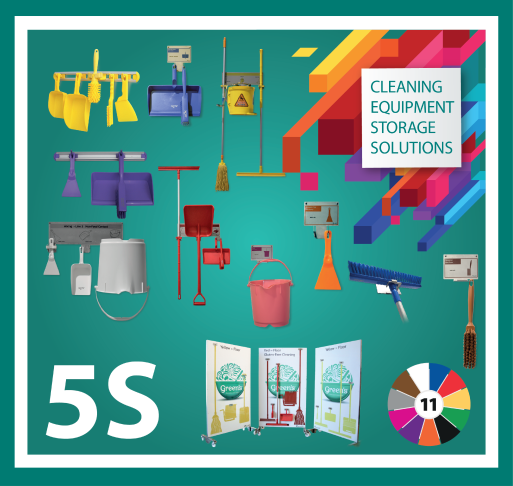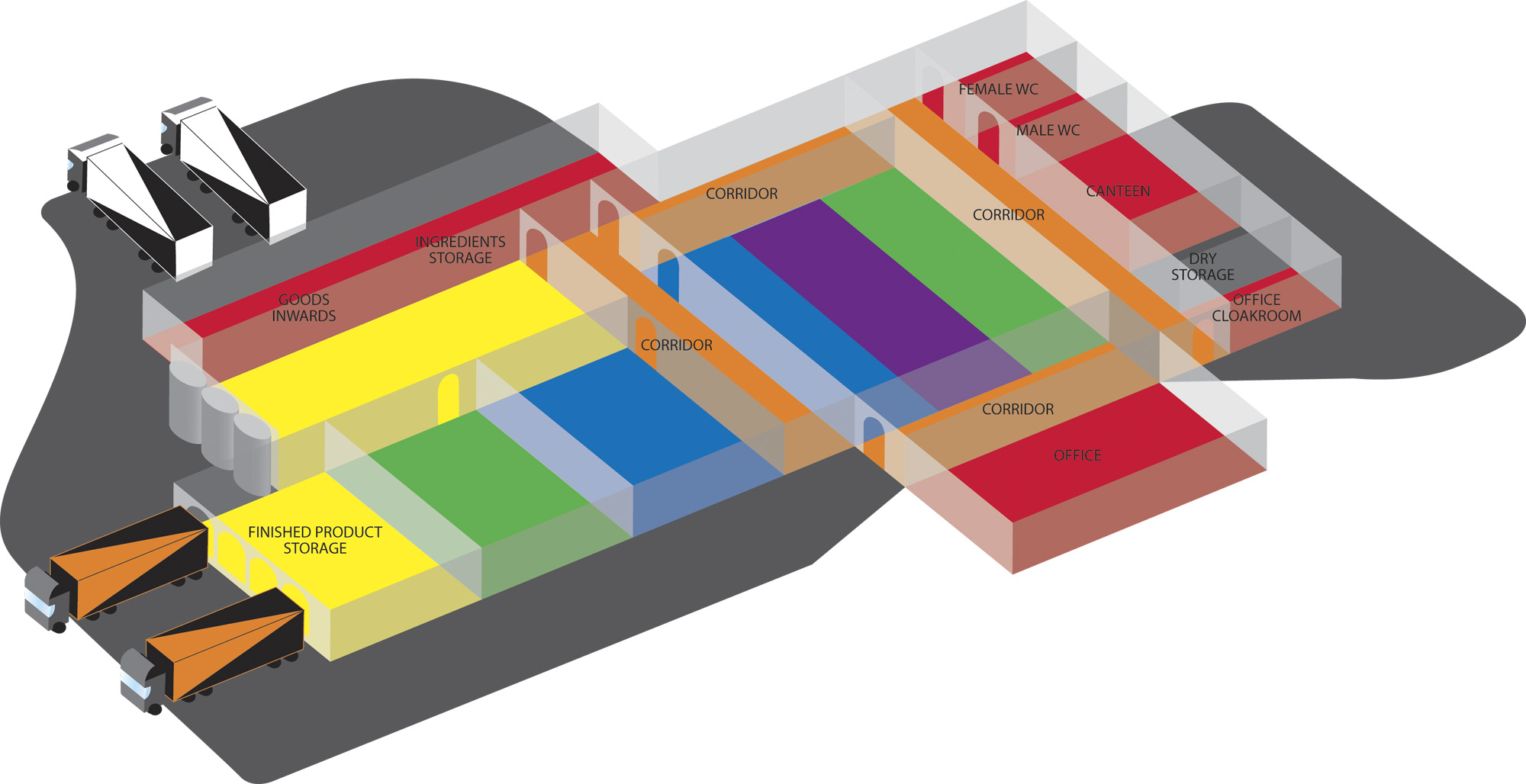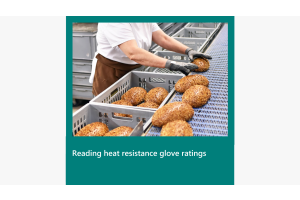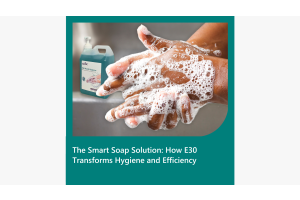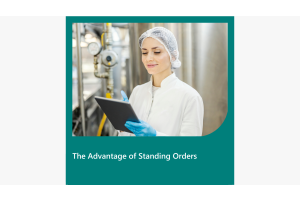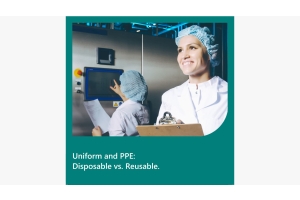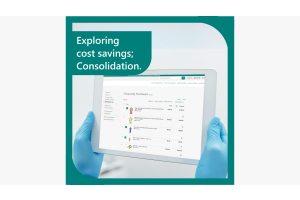Monthly Archives: January 2020
-
Posted: January 20, 2020Read more »
Implementing a 5S system in your food processing facility may seem like a daunting task.
While there a many factors to be considered, and decisions to be made, making a start doesn’t need to be difficult.
Below is a simple checklist you can use to begin the process of implementing a 5S storage solution for your cleaning equipment.
It will give you an idea of what stage you are at, and what decisions will need to be made before beginning implementation.
Do you currently have a colour code plan for your site (by area/allergen/process)?
Yes No Comments:Do you have a documented colour code plan that segregates different areas, products, or allergens? It is important to have this confirmed before going much further so that there aren’t changes later on to the colours you are using in each area.
Do
-
Posted: January 17, 2020Read more »
There are a variety of different disposable gloves available, and knowing what option is best for your situation can be difficult.
Below is a brief overview of the 4 main types of disposable gloves.
Vinyl
Traditionally the most common type of glove, vinyl is now rarely used in food production facilities.
Their main advantage is their low cost per unit, although this can be deceptive if usage is higher through frequent breakages. Vinyl gloves are often preferred to wear, as they ‘breath’ and result in less sweaty hands. Obviously this is a serious contamination risk, and should be considered in your glove choice.
More recently, the environmental impact of the manufacture of vinyl has also come to light, which has further discouraged the use of vinyl gloves.
Nitrile
The most common glove type in food production facilities.
Nitrile gloves have a high strength, and a high dexterity. They are typically
-
Posted: January 10, 2020Read more »
Color-coding is an effective way to minimize cross-contamination or other hazards within a processing facility.
While not always a requirement, color-coding can demonstrate a company’s commitment to the quality and consistency of their products while maintaining a high level of safety for both their employees and consumers. It can be implemented to provide ‘zone control’ within a food processing or food service facility. Different colours can be assigned to each step in the process or by manufactory lines. When the colours are assigned to zones, confirming that a tool is misplaced is easy and tracing it back to its point of origination is quick.
1. Keep it simple - Limit the number of colours you use to keep it as simple as possible.
2. Pick contrasting colours - Red colour coded equipment is often associated and used with raw/uncooked meats. However, being aware of the potential problems
-
Posted: January 08, 2020Read more »
Foodcare is proud to be a 100% Australian family owned and operated company, and we believe in the potential of this country.
We also believe in supporting Australia, and Australians - especially those in need.
As such, the Directors, and team here at Foodcare have donated $10,000 towards the RRT Drought and Fire Relief Fund.
Operation Fire Relief is designed to bring hope, and a helping hand to fire ravaged communities across Australia. This includes $1000 gift vouchers and RRT Family Food Boxes for those that have lost their homes in the recent fires.
RRT also supports frontline firefighters in providing meals, and has recently assisted in water supply to fire trucks, through its Rapid Water System.
RRT is a part of the the Plymouth Brethren Christian Church (PBCC).
We couldn't do this without the support of our customers, so we thank you.

